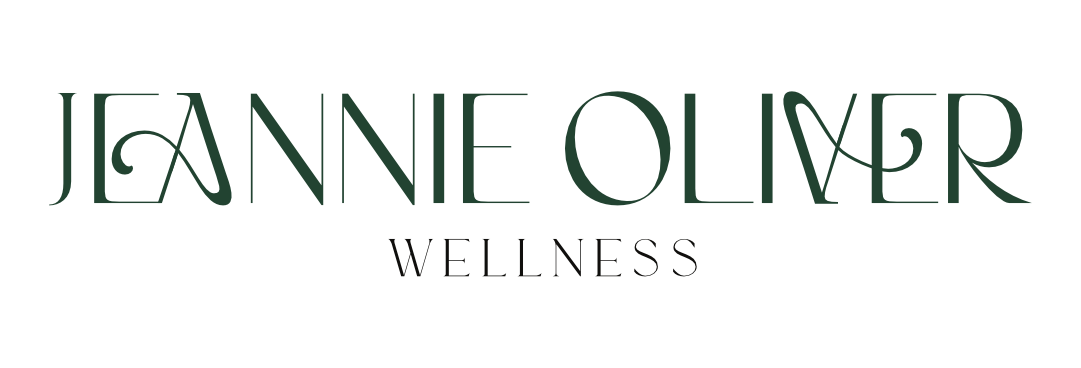Is Your Food Stressing You Out?
I don't know if it's by design, but I find it interesting that April is both tax time and Stress Awareness Month. This is definitely a stressful time for most people, but there are easy ways we can help manage our stress and/or be less stress reactive.
One of the most common things I hear from clients after they change their diets is that their stressors haven't changed, but they just don't feel as affected by them. Food is either a source of internal stress or a stress reliever, so it makes sense that if you're eating foods that don't cause internal stress but instead help the body cope with and adapt to stress, you would feel a lot better. However, most people turn to things like sugar, caffeine and alcohol when stressed out which just makes them more stressed and they get caught up in a vicious cycle.
Luckily we can break this cycle by simply giving our bodies what they need to better handle stress and by removing food or beverage stressors from our diet. Sound easier said than done? Well it can be for some since sugar, alcohol and caffeine are addictive substances. But if you truly want to live your life without being stressed to the max all the time, isn’t it worth a little work to change things up?
Adaptogenic herbs and foods are a hot topic lately and I’m a big fan of things like ashwaganda, rhodiola, maca, and medicinal mushrooms. But before you go spending a fortune on these superfoods and herbs, try simply removing the most stress-inducing foods (caffeine, alcohol, high-glycemic/high sugar foods, processed foods) and eating a nutrient-dense, anti-inflammatory diet for a few weeks and see how you feel. You can always add in adaptogens to address specific imbalances, but if you don’t start with the foundation of a proper diet, you’re wasting your time.
I know it can be daunting to remove caffeine and alcohol when work and finances and home life are all pressing in on us and we need energy to get through the day and something to help us wind down at night. But the cruel reality is that caffeine and alcohol are actually liquid stress.
Alcohol is deceptive since it’s a depressant and gives us that initial calming effect. However, it actually stimulates cortisol production which encourages fat storage and robs you of the deep sleep you need when under stress. Caffeine stimulates production of cortisol and adrenaline which are the “stress hormones” we produce when we have a fight or flight reaction to a perceived threat. While it’s unlikely in our modern world that we will need to run from a wild animal, it’s all too common for us to be under low grade chronic stress which is only made worse by excess caffeine and alcohol.
So instead of reaching for an afternoon coffee to keep going and a glass of wine to unwind after work, try doing something that supports your system instead of further depleting you. Here are some of my go-to’s:
Take a brisk walk, do a few jumping jacks at your desk, or drink a shot of organic wheatgrass (trust me, it’s really energizing!).
After work swap that glass of wine for some calming chamomile or kava kava tea, or soak in a relaxing bath.
Even just a few minutes spent in prayer or meditation calms the nervous system and relieves stress.
These rituals will truly help you unwind and get more restful sleep and you’ll wake up ready to face the day.

